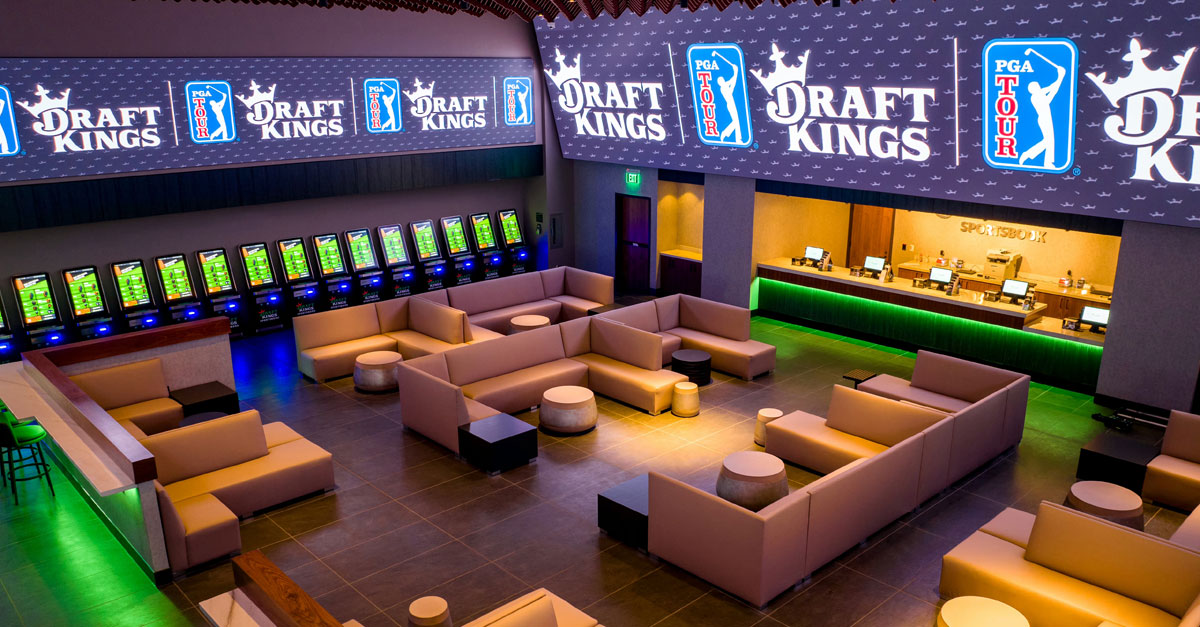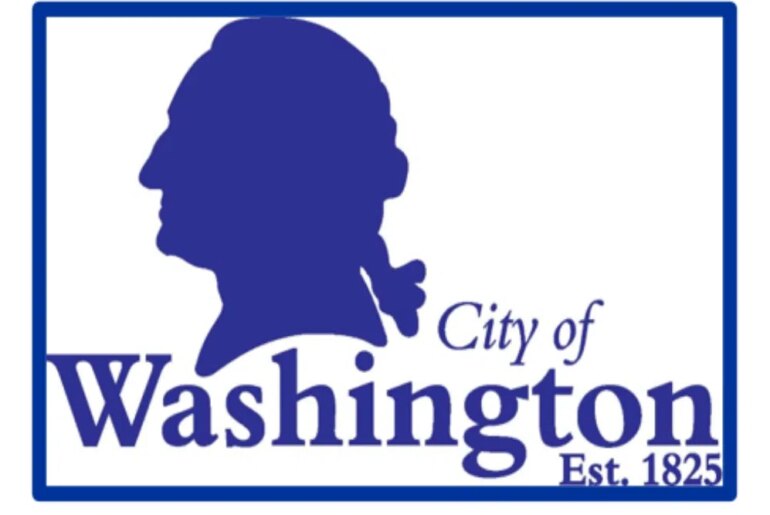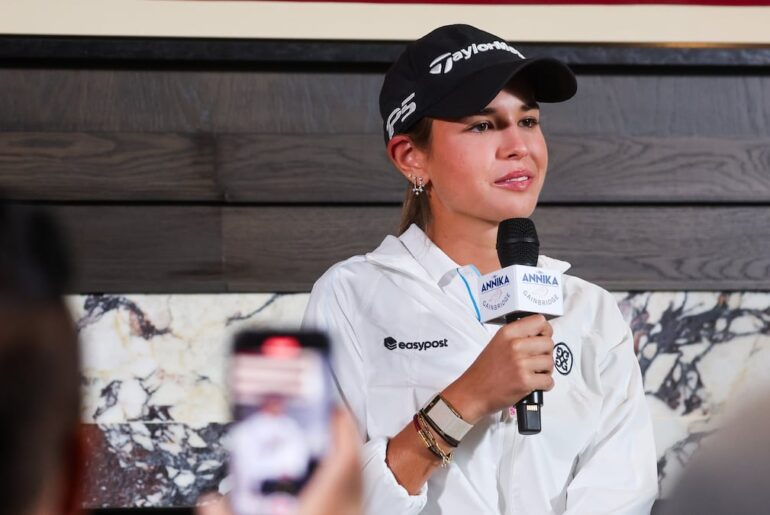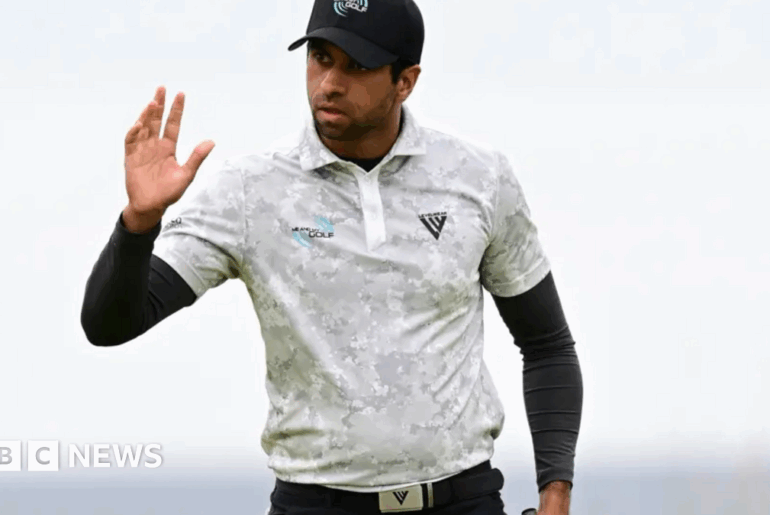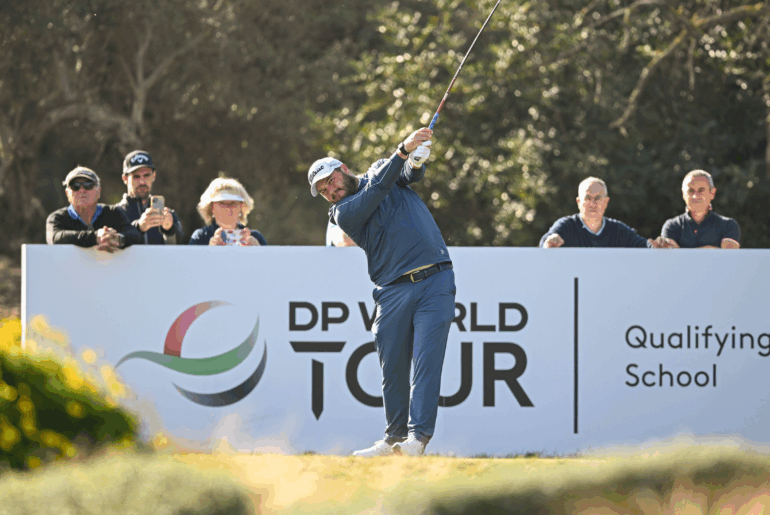This past weekend I tossed on one of my favorite podcasts and went for a walk between final-round coverage of the Abu Dhabi HSBC Championship and the World Wide Technology Championship. Does a more perfect fall Sunday exist?
Just as the host was getting to the meat of the episode – a show that has nothing to do with sports – he broke for an ad for PrizePicks, a fantasy sports site promoting big payouts for fans who want to cash in on their sports knowledge. Use the host’s promo code and you get a $50 sign-up bonus. I suspect you’ve heard similar ad reads, whether the show is about sports or not.
Ten years ago you had to hunt to see who was favored in a football game. Today it’s just as easy to find the live spread as it is the current score of a game. In a short span, we’ve gone from sports gambling being largely taboo (and illegal in most places) to a world where sports betting is now not only legal in many jurisdictions but borderline inescapable. You almost can’t experience a sporting event without sports betting being crammed down your throat.
For what it’s worth, I personally support some of that shift. As someone who is no stranger to the occasional (or not so occasional) NFL wager, I have always supported the legalization and destigmatization of sports betting. However, relentless promotion of an activity designed to take your money is an entirely different story. How many fans, especially younger ones, can even enjoy watching a game today without having action on it? At what point does that become a huge problem?
Last summer, I attended a wedding at which a high-school student confided in me that he owed a couple thousand dollars to a bookie. Sports betting, in both legal and illegal forms, had taken a strong foothold at his high school. Now he owed a significant sum of money that he didn’t have and was terrified. I doubt it requires much digging to unearth similar tales.
There is a separate, important conversation to be had about building the sports industry increasingly on the backs of losers. To be clear, I mean “losers” in the literal sense, people who lose money gambling, which is at least 99.5% of the population who bet regularly. The gambling advertisements plastered throughout sports arenas, social media, and in the middle of podcast episodes are funded by people losing money, all while media companies eagerly jump in bed with the gambling partners printing money at the audience’s expense.
People don’t just lose money gambling because betting markets are difficult to beat. People lose because the overwhelming majority of sportsbooks impose limits (i.e. effectively shut off) the tiny sliver of the population who demonstrate the acumen to beat a book reliably. It is a scummy, predatory, albeit legal, practice employed across virtually every regulated sportsbook in the world. Yes, the companies that market themselves as your friend while offering you a promo code on your favorite sports podcast are not, in fact, your friend. They have the right to refuse your business and they will. The predatory practices of most sportsbooks are sort of a separate point but nonetheless important to understand in conversations about sports betting.
Anyway, it would be naive to think the windfall of gambling money flowing into mainstream sports comes consequence-free. Aside from the millions of people losing savings they can’t afford to lose, gambling’s prevalence poses a direct threat to the integrity of sports. We’ve already seen multiple millionaire athletes and coaches implicated in illegal betting schemes, warning signs for what could end up surfacing in pro golf.
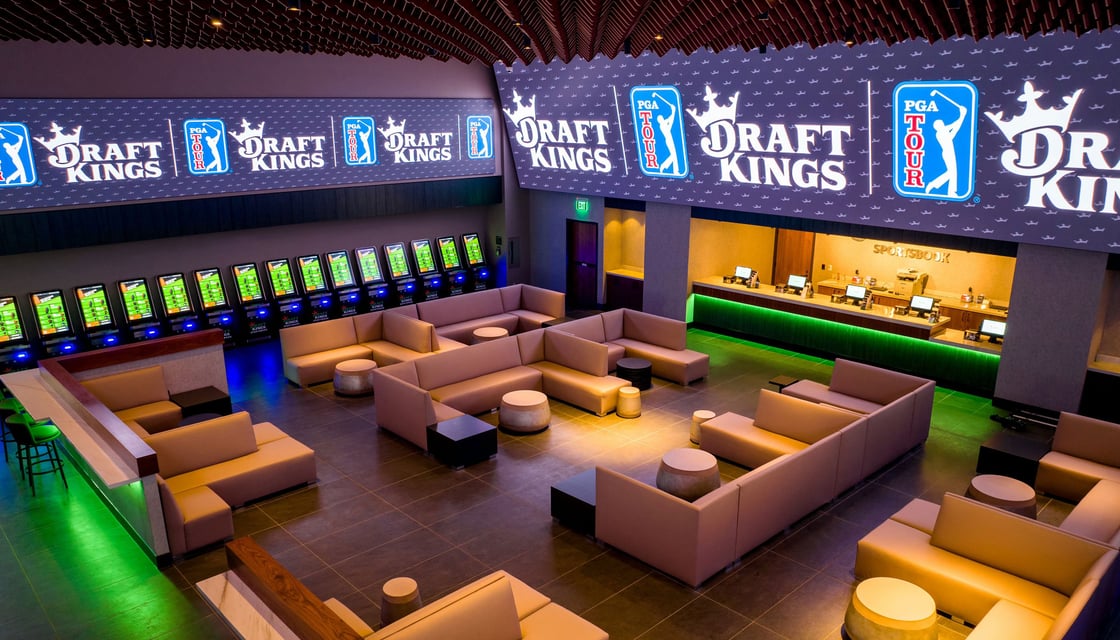 Sportsbook at TPC Scottsdale (PGA Tour)
Sportsbook at TPC Scottsdale (PGA Tour)
Recently, two high-profile gambling scandals have made headlines following FBI investigations. Miami Heat guard Terry Rozier – currently signed to a four-year, $96.3M NBA contract – was arrested as part of an investigation into illegal sports betting and poker activity. NBA coaches Chauncey Billups and Damon Jones were also arrested in connection to the investigation. Allegations include Rozier faking an injury to cash the “Under” on Rozier-related prop bets. In other words, Rozier allegedly conspired with a group gamblers to fake an injury, the gamblers used that inside information to bet on Rozier posting low totals in points, rebounds, and assists for that specific game, then Rozier exited the game early, presumably receiving a kickback for participating in the scheme.
Similarly in MLB, two Cleveland Guardians players were charged by the U.S. Department of Justice in a sports betting and money laundering conspiracy. It’s alleged that pitchers Emmanuel Clase and Luis Ortiz intentionally threw slow, inaccurate pitches in specific, predetermined situations while gambling co-conspirators cashed in by betting on the speed and misplacement of the pitches. The pitchers allegedly received kickbacks as part of the operation.
A scandal that’s flown slightly more under the radar but is highly relevant to individual sports involves UFC fighter Isaac Dulgarian. A week ago, Dulgarian lost a UFC fight in the first round by submission. Leading up to the fight, bettors started placing massive amounts of money on Dulgarian – the heavy favorite – to lose by first-round submission. The betting activity and volume was irregular enough that sportsbooks halted bets. Dana White, CEO of the UFC, had received word of irregular betting activity prior to the fight. Ultimately, White allowed the fight to proceed after questioning both Dulgarian and his attorney, who assured the UFC that nothing nefarious was about to unfold. After the fight, in which Dulgarian made suspiciously amateur blunders leading to his first-round submission, White immediately contacted the FBI to launch an investigation.
The NBA and MLB scandals have garnered the most attention, but perhaps the UFC scandal represents the most ominous signal for golf. UFC fighters are independent contractors competing in an individual sport. Elite UFC fighters make millions of dollars, but lower-profile names further down the roster barely scrap out a living. The parallels to professional golf, and specifically to lower-level tours like the DP World Tour, are clear.
{{related-articles}}
The aforementioned examples highlight two key risk factors that make a sport vulnerable to gambling scandals: 1) The ability of athletes to influence an outcome that people can bet on; 2) The financial reward to make that influence worth their while.
Individual sports – tennis, golf, and mixed martial arts – score highly on both counts, which makes them ripe targets for scandals. It would be naive to believe that the illicit activity taking place in other major sports, including leagues in which players make much more money than professional golfers, hasn’t already infiltrated professional golf. That’s an integrity concern that organizations like the PGA Tour, LPGA, DP World Tour, and LIV Golf should take seriously.
I have never orchestrated a professional golf gambling scheme, but if I were planning one, it would probably look something like this: Recruit some golfers before the start of a season and say, “Hey, any time you’re injured and planning to withdraw from a tournament, either before a tournament or before the start of a subsequent round, let me know. Don’t withdraw before the round. Start the round, then withdraw a couple holes in. Oh, also, any time you’re playing in an event with a cutline and have no chance of making the cut entering the second round, I’m going to give you the name of a golfer and you’re going to make sure you shoot a worse score than he shoots in round two.”
Then, I would bet on the golfers I’m conspiring with to lose their head-to-head matchups – gambling offerings that pit Golfer A against Golfer B either for a full tournament or for one round – and send players a kickback for taking a dive. Good luck detecting that. Of course, I would get the action down on unregulated, underground sportsbooks that have no real recourse for discovering illegal activity. You have to be a complete moron to try a scheme like this on regulated books.
You might be able to come up with a better scheme than the one I’ve proposed, but I imagine that the inevitable golf-gambling scandal will likely resemble what I’ve outlined. You have to target situations where a player isn’t risking upside by taking a dive. You’re not going to entice a healthy player, for example, to miss a cut on purpose before a tournament starts. Making a cut is worth far more to a player, both in dollars and tour status, than what you could likely offer them.
If, however, they’re injured and/or have no chance of making the cut entering the second round? Spread $50k of action across multiple sportsbooks and reward the golfer with $10k for their participation. For many golfers, like DP World Tour or Asian Tour players, $10k is a significant amount of money.
So: Is professional golf paying attention to what’s happening in other sports? Do organizations like the PGA Tour have the appropriate domain knowledge and oversight to prevent major scandals from tainting their competition? More broadly, what are the consequences of relentlessly promoting sports gambling to millions of impressionable sports fans?


